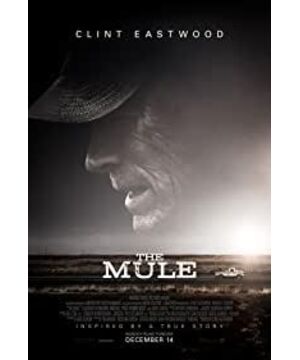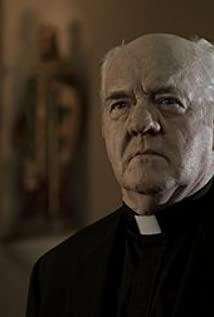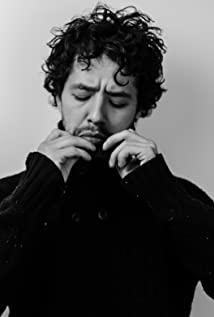Earl Stone, an octogenarian, whose biggest mistake in his life was not transporting drugs, but not spending time with his family.
When he was young, he was so obsessed with his career that he divorced his wife and didn't even attend his daughter's wedding. When he got old, the flower shop he ran went bankrupt, his house was mortgaged, and his family was unwilling to accept him. He probably guessed the truth behind this simple and lucrative job, but for his granddaughter's wedding, he still persuaded himself to embark on this road of no return. The first trip, for his family, the second trip, for his own house, if these two times were a last resort, then the third trip started, whether it was to rebuild the Veterans Club or the entertainment center ice rink, or even to raise money for his granddaughter. The tuition fees showed that he could not escape and could not turn back.
There are many details in the film, such as helping motorcycles to repair cars, helping black couples and calling them Negro, dealing with the drug dealers around him in a relaxed and happy way, actively participating in parties, and persuading the police in restaurants to accompany his family even if he is hunted down, etc. etc., have created an image of an older generation of Americans who are willing to help others, conservative in their thinking, and lively, and it is said that most of the audience of this film are also these people.
He once persuaded a young drug dealer to leave the business and dare to do what he really liked, showing that he actually knew what he was doing, so that his motives would be complete: because he was dying, he simply took the risk, In order to make up for the family, but also to indulge in pleasure. It can be said that he was still confused until this time. He didn't know that he didn't have to make money to keep his family by his side. He didn't have to seek forgiveness in this way. Just stay by your side and that's all.
At the end of the film, the drug cartel threatens to kill him if he doesn't deliver on time, but when he hears that his wife is about to die, he returns home desperately to accompany her through the last week of her life. "You are the love of my life and the pain of my life. You are here, and you are the whole world to me. Today is better than yesterday, and tomorrow is better today." He won the forgiveness of his family and his own redemption. In court, he admitted to all the charges against him without having his lawyers defend himself, which was probably the best outcome for him.
View more about The Mule reviews











